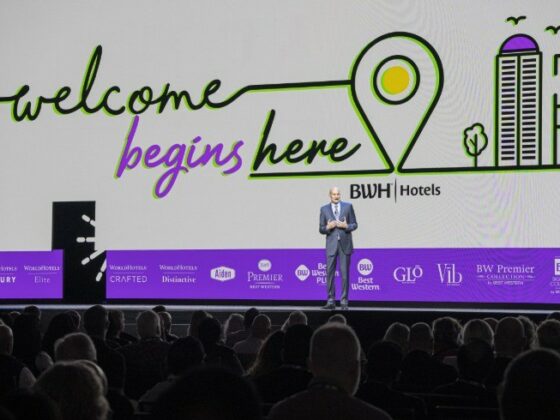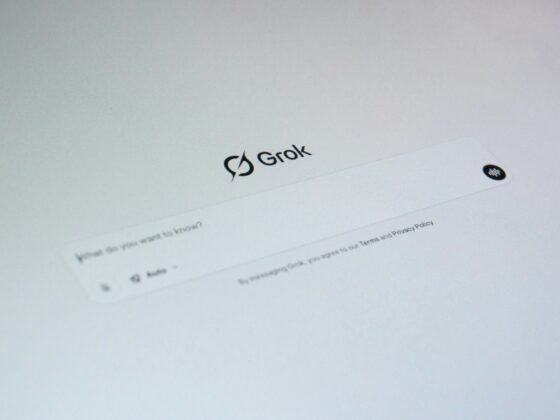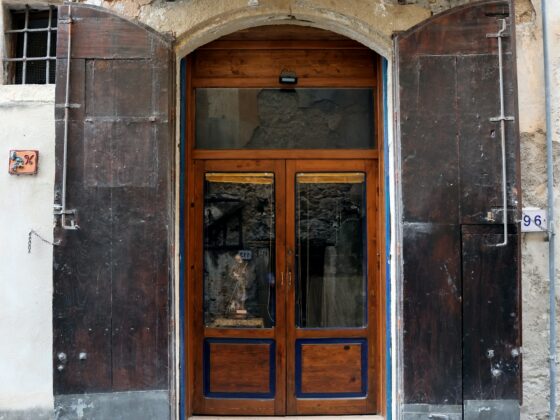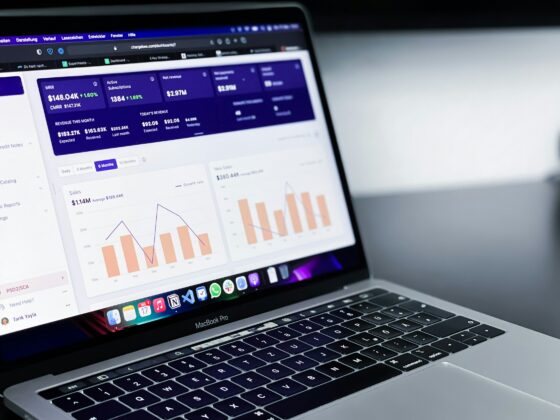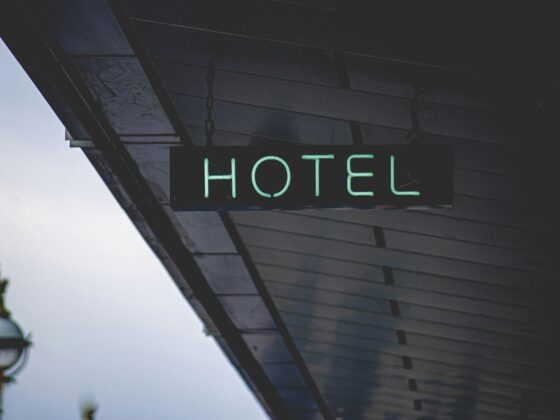
Personalization in hospitality is no longer a luxury—it’s an expectation. Today’s travelers want more control over their hotel experience, from choosing their exact room to customizing their stay with add-ons that enhance convenience and comfort. At the same time, hotels are competing with online travel agencies (OTAs), which have long dominated the booking landscape.
With rising costs affecting both businesses and consumers, price sensitivity is at an all-time high. Guests are scrutinizing every dollar spent, and hotels must find ways to balance revenue generation with providing value. Adopting a retailer mindset—offering dynamic upsell opportunities, transparent pricing, and personalized experiences—can drive direct bookings while ensuring customers feel they’re getting the most for their money.
The Retailer Mindset in Hospitality
Traditionally, booking a hotel room was a standardized process—choose a location, pick a room type, and confirm your stay. But as discretionary spending tightens, guests want more flexibility and control over what they pay for. With advancements in booking technology, some hotels are now allowing guests to select their exact room or preferred view for an added fee, while others offer perks like early check-in, late checkout, or premium in-room services. These options allow hotels to maintain competitive base rates while giving guests the ability to pay for the services that matter most to them.
This shift mirrors the retail industry’s approach to customization. Just as consumers choose add-ons when shopping online, travelers now have the option to personalize their stays. Airlines have been ahead of the curve here—with Basic Economy fares designed to attract price-sensitive travelers while still offering upsell paths for things like seat selection, baggage, and early boarding. These fare models allow full-service airlines to remain competitive with low-cost carriers and optimize occupancy, especially during uncertain economic times.
Hotels can adopt a similar approach: maintain attractive entry-level pricing to compete with midscale and economy brands, while providing upsell opportunities that cater to guests with more spending flexibility. Not only can this help higher-end brands stay competitive during downturns, but it also ensures guests feel in control of what they’re paying for, building a sense of trust and transparency.
The Power of Personalization in Direct Bookings
OTAs have historically dominated the booking space by offering convenience and competitive pricing. However, as consumers become more cost-conscious, they are looking for ways to get better value from their stays. Hotels can capitalize on this by offering exclusive direct-booking incentives, such as room upgrades, complimentary services, or bundled offers that make personalization more accessible.
Some brands are already finding success with this approach. Instead of blanket resort fees, hotels are offering more transparent pricing structures where guests choose what they want to pay for. Others are integrating loyalty perks into direct bookings, encouraging guests to engage with the brand rather than third-party platforms.
Loyalty programs have become increasingly important as travelers look for ways to save. A recent Quantum Metric survey found that 32% of consumers will only book with hotels or airlines where they are loyal to gain perks and discounts. This underscores the importance of offering compelling direct booking incentives that reinforce brand loyalty.
Addressing the Cost Concern: More Than Just Fees
There’s a common perception that hotels are charging more for services that were once included, but the reality is that this shift can actually benefit cost-sensitive travelers. By allowing guests to opt into specific services rather than paying a mandatory resort fee, hotels provide greater transparency and control over costs. Rather than bundling everything into one high price, they let guests decide what’s worth spending on.
For many travelers, having a lower upfront cost with optional add-ons is preferable to an all-inclusive but potentially inflated rate. In today’s economic climate, this model makes it easier for customers to justify their spending while still having the option to enhance their experience if their budget allows. Much like Basic Economy gives passengers a lower-cost entry point to flying, this strategy offers guests the freedom to tailor their hotel experience to their budget.
However, hotels should be cautious when adjusting loyalty program benefits. An overwhelming 89% of travelers would question their loyalty if a brand discontinued a long-standing perk. To avoid negative impacts, hotels should leverage customer feedback through surveys and other channels before making major changes.
How Hotels Can Adapt
For hotels looking to refine their personalization strategy and drive more direct bookings, leveraging guest data is key. Understanding customer preferences—whether it’s room selection, preferred check-in times, or specific amenities—can help optimize offerings that feel relevant and valuable.
Hotels should also experiment with different upsell opportunities and pricing structures to find what resonates most with guests. Making the booking process seamless, with clear options for personalization, ensures that cost-conscious travelers can make informed decisions. Promoting off-peak times and domestic travel incentives can also appeal to consumers looking for better deals.
The future of hospitality lies in personalization, and hotels that adopt a retailer—and airline—mindset will be best positioned for success. But beyond driving revenue, this shift is about meeting the needs of cost-sensitive travelers who want control over their spending. By offering transparency, flexibility, and value-driven customization, hotels can encourage direct bookings, enhance guest satisfaction, and build stronger brand loyalty—even in a challenging economic environment.


